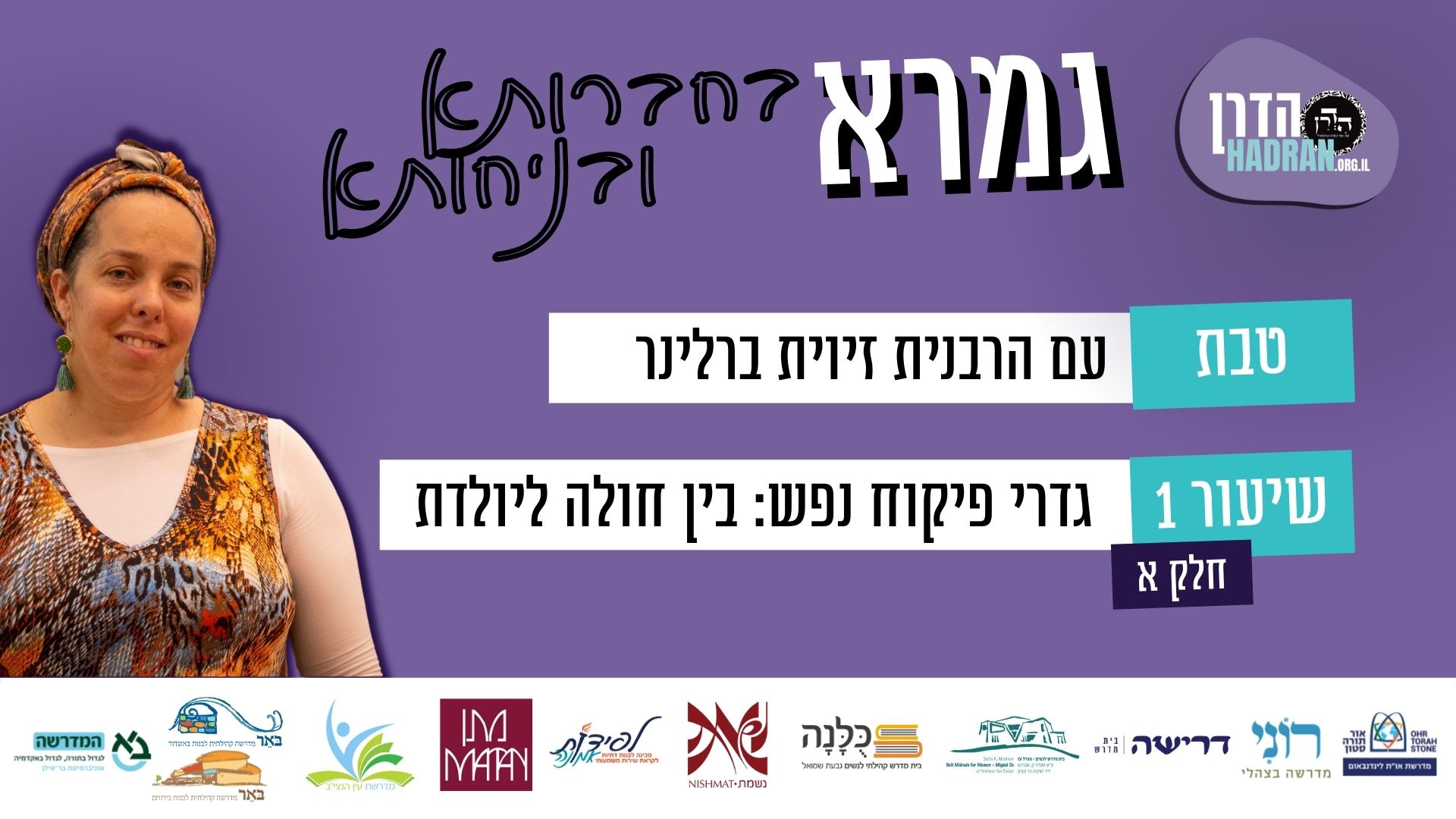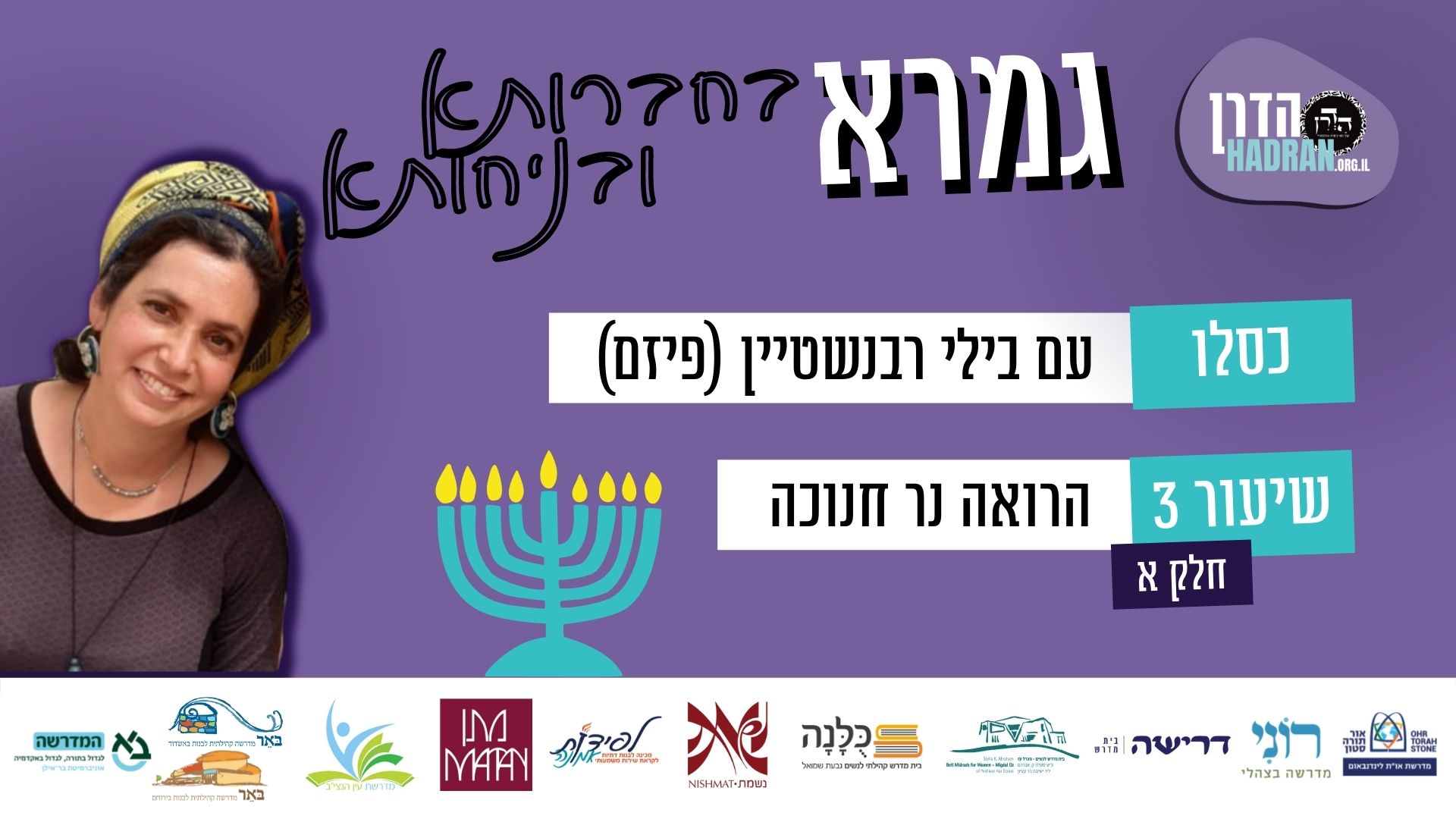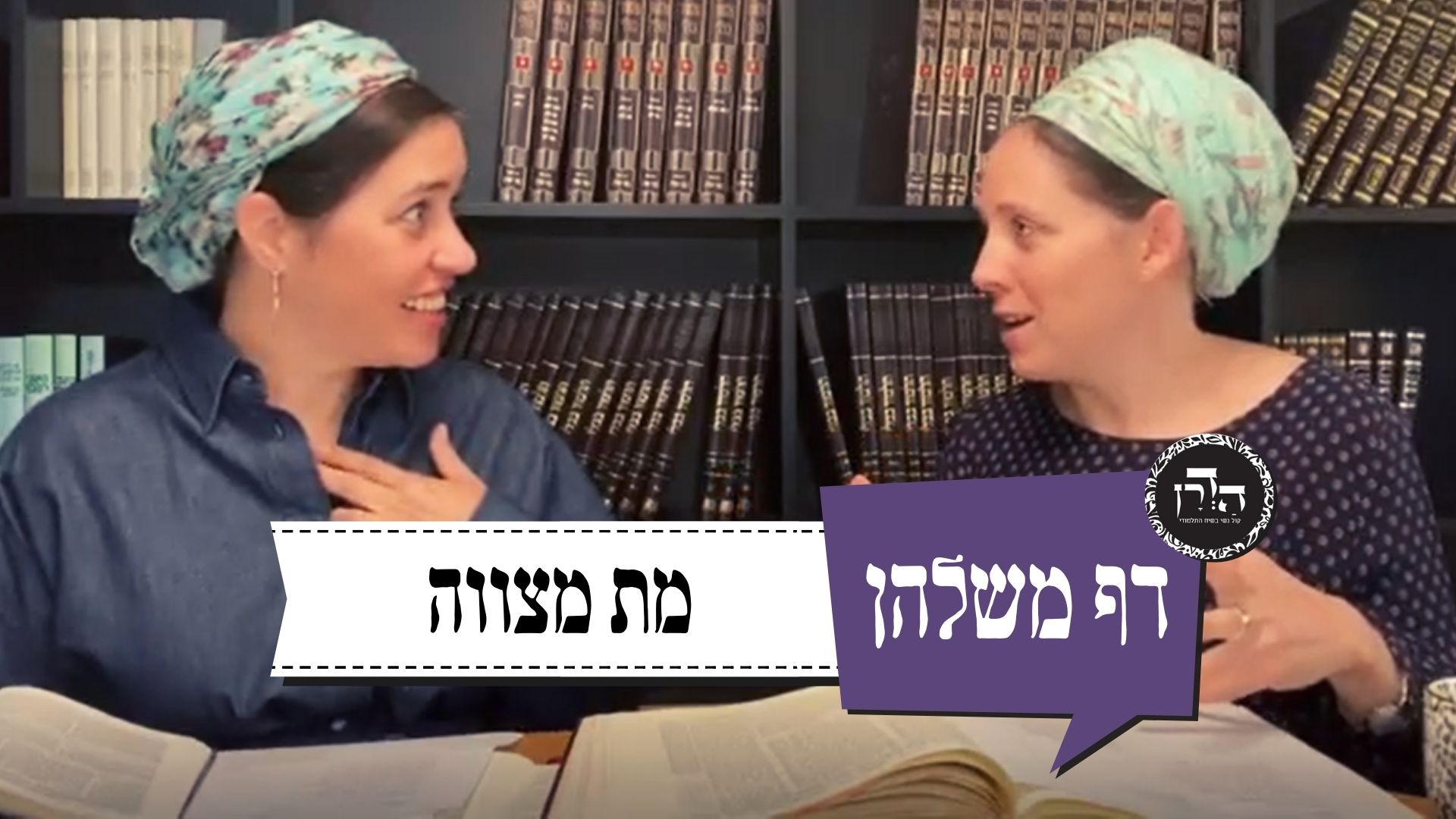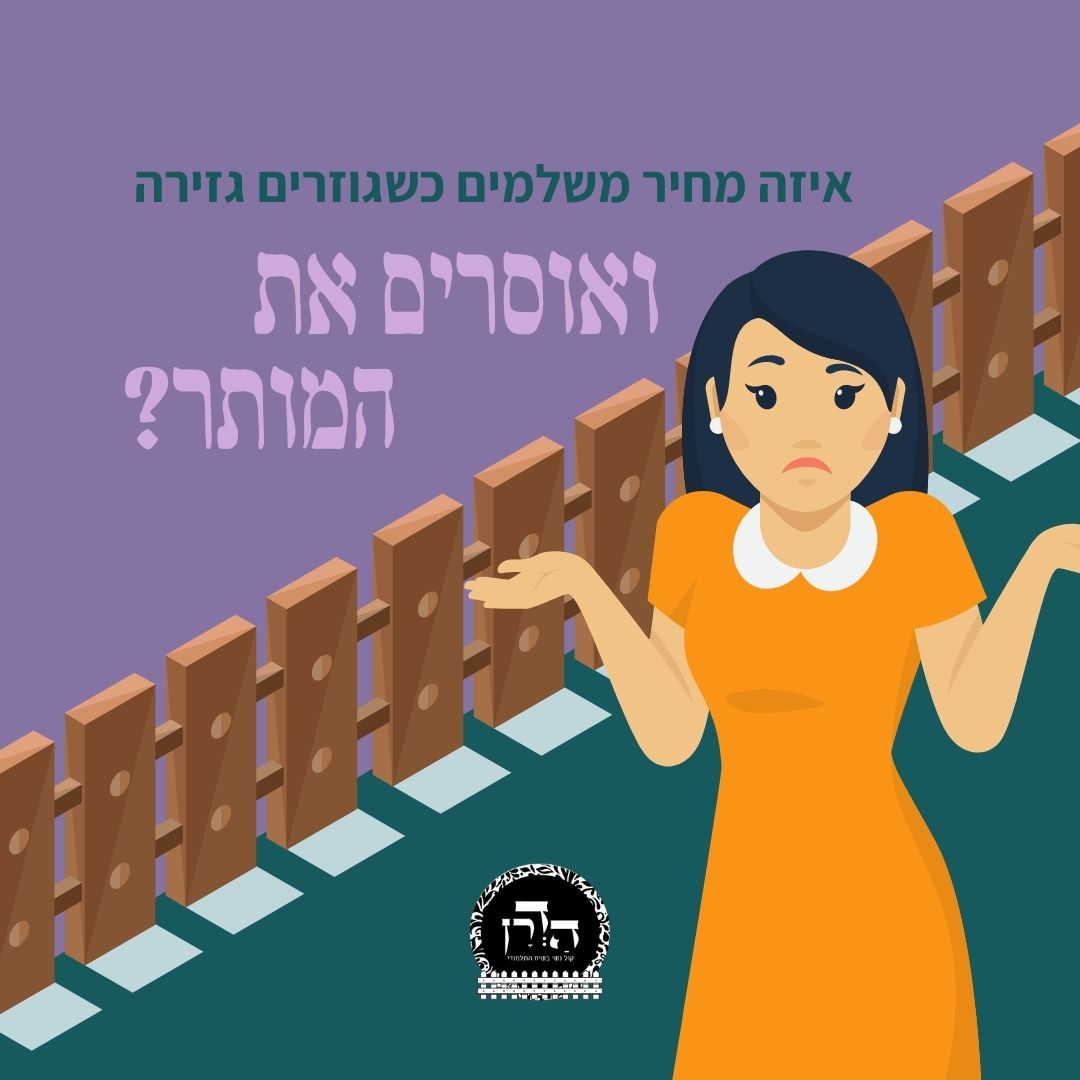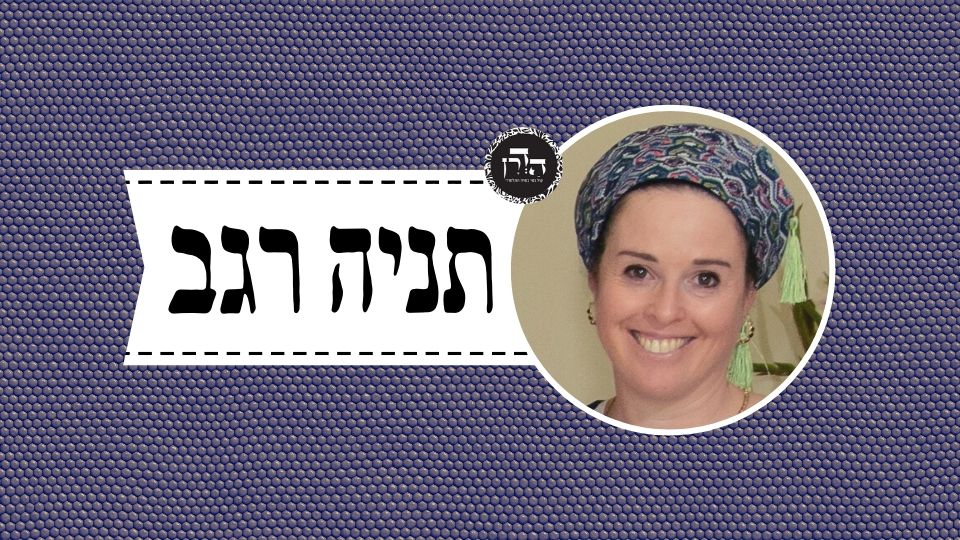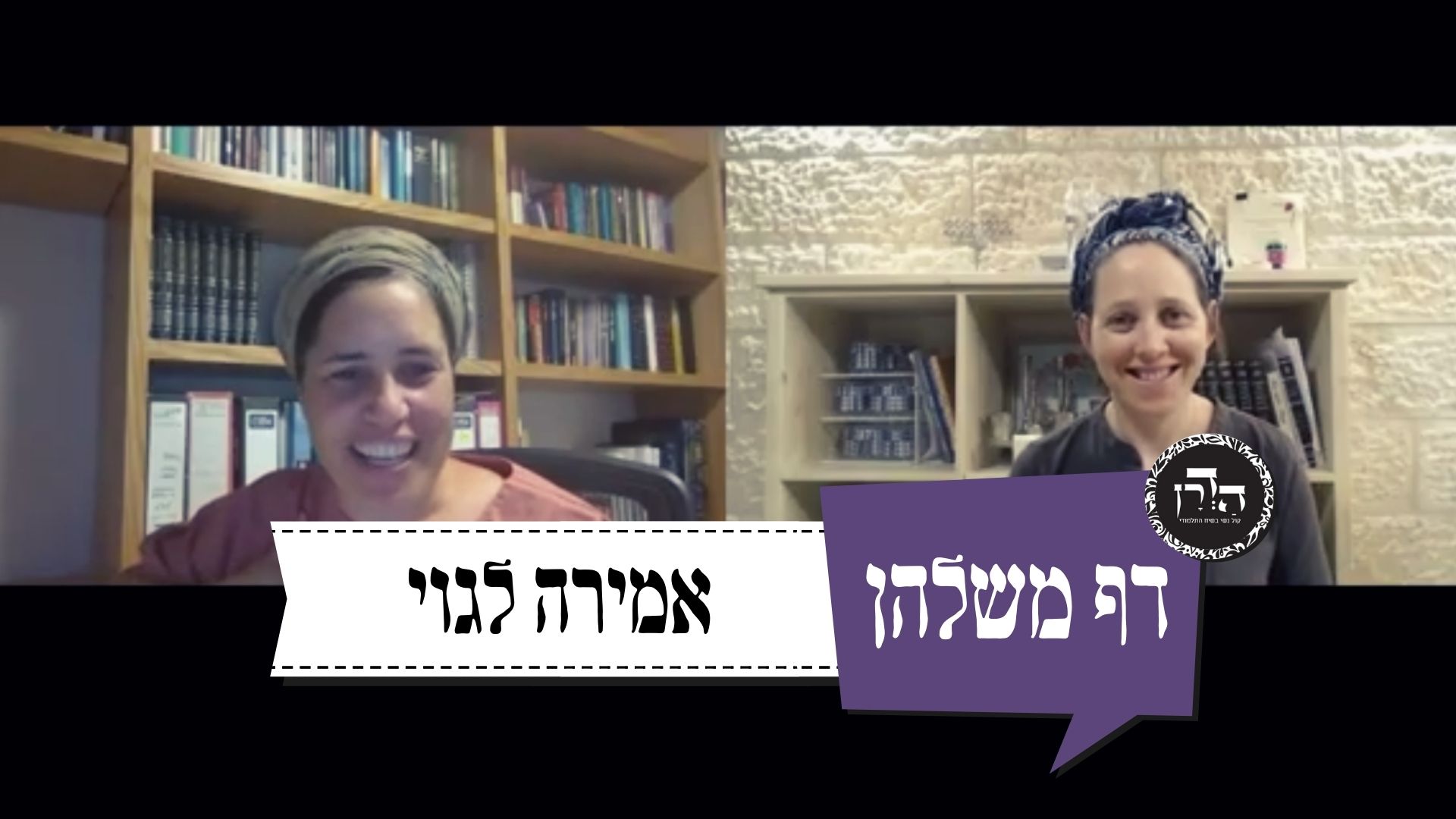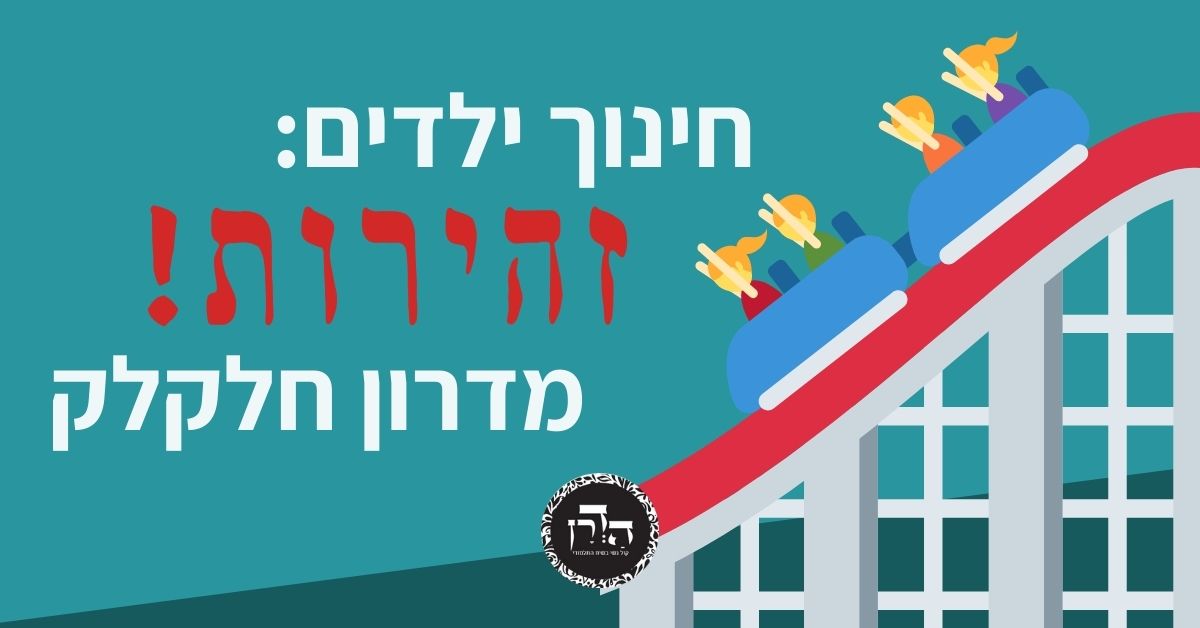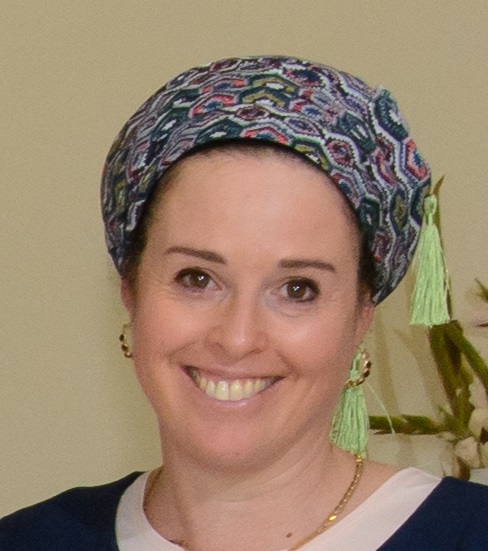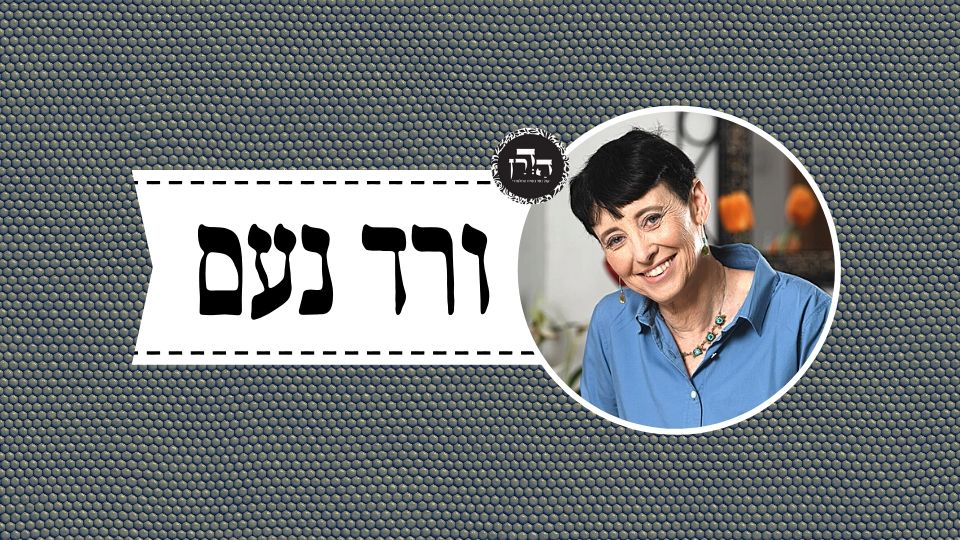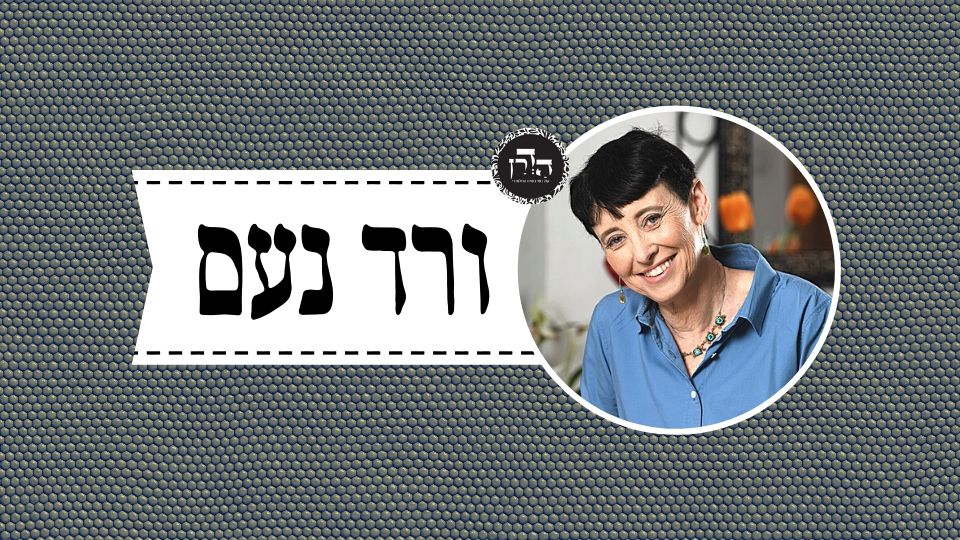שבת עא
קְצִירָה גּוֹרֶרֶת קְצִירָה, וּטְחִינָה גּוֹרֶרֶת טְחִינָה. אֲבָל נוֹדַע לוֹ עַל קְצִירָה שֶׁל זְדוֹן שַׁבָּת וְשִׁגְגַת מְלָאכוֹת — קְצִירָה גּוֹרֶרֶת קְצִירָה וּטְחִינָה שֶׁעִמָּהּ, וּטְחִינָה שֶׁכְּנֶגְדָּהּ בִּמְקוֹמָהּ עוֹמֶדֶת.
Nevertheless, in that case, the sin-offering that atoned for the unwitting act of reaping, which he performed when his action was unwitting with regard to Shabbat, draws with it atonement for the second unwitting act of reaping, which he performed when his action was unwitting with regard to the prohibited labor, and for which he also was liable to bring a sin-offering. And similarly, the sin-offering that atoned for the unwitting act of grinding, which he performed when his action was unwitting with regard to Shabbat, draws with it atonement for the unwitting act of grinding, which he performed when his action was unwitting with regard to the prohibited labor. Since the offering was sacrificed after he had committed both transgressions, he attains atonement with one sacrifice, even though he performed several forms of the transgression in a single lapse of awareness. However, if the order of events in that case was different in that he became aware of reaping performed when his action was intentional with regard to Shabbat and his action was unwitting with regard to the prohibited labors, and he set aside an offering to atone for his unwitting transgression, and only afterward he became aware that he had performed the labors of reaping and grinding when his actions were unwitting with regard to Shabbat, the sin-offering that he brings for the reaping draws with it atonement for the previous reaping and the concomitant grinding. As far as the lapse of awareness with regard to Shabbat is concerned, reaping and grinding are considered like one sin, and atonement for one atones for the other. And the parallel grinding that he performed together with the latter reaping remains in its place, i.e., he does not attain atonement for that transgression. When he becomes aware of it, he brings a separate offering for atonement.
אַבָּיֵי אָמַר: טְחִינָה נָמֵי גּוֹרֶרֶת טְחִינָה, שֵׁם טְחִינָה אַחַת הִיא. וּמִי אִית לֵיהּ לְרָבָא גְּרִירָה? וְהָא אִיתְּמַר: אָכַל שְׁנֵי זֵיתֵי חֵלֶב בְּהֶעְלֵם אֶחָד, וְנוֹדַע לוֹ עַל אַחַת מֵהֶן, וְחָזַר וְאָכַל כְּזַיִת בְּהֶעְלֵמוֹ שֶׁל שֵׁנִי. אָמַר רָבָא: הֵבִיא קׇרְבָּן עַל רִאשׁוֹן — רִאשׁוֹן וְשֵׁנִי מִתְכַּפְּרִין, שְׁלִישִׁי אֵינוֹ מִתְכַּפֵּר.
Abaye said: Grinding also draws the latter grinding with it, as the designation of grinding is one. Since he attained atonement for one act of grinding, atonement is attained for the second act of grinding as well, as they were performed in one lapse of awareness, and he became aware only after the acts were completed. The Gemara asks: And is Rava of the opinion that atonement can be attained by means of drawing? Wasn’t it stated that there is a dispute with regard to that matter in a case where one unwittingly ate two olive-bulks of forbidden fat in one lapse of awareness, e.g., he ate two pieces of forbidden fat from different parts of an animal in the belief that they were permitted fat? One is liable to bring a sin-offering for that transgression. And in a case where he became aware that one of the olive-bulks was forbidden fat, and then ate a third olive-bulk while still in the midst of the lapse of awareness of the second piece of forbidden fat, i.e., he had not yet become aware that the second of the original olive-bulks was indeed prohibited and after eating the third olive-bulk, he became aware of both the second and the third pieces of fat. Rava said: If he brought a sacrifice for the first, atonement is attained for the transgressions of the first and second olive-bulks, since he ate both in one lapse of awareness. However, atonement is not attained for the third because awareness of the first olive-bulk interposes.
הֵבִיא קׇרְבָּן עַל הַשְּׁלִישִׁי — שְׁלִישִׁי וְשֵׁנִי מִתְכַּפְּרִין, רִאשׁוֹן אֵינוֹ מִתְכַּפֵּר. הֵבִיא קׇרְבָּן עַל הָאֶמְצָעִי — נִתְכַּפְּרוּ כּוּלָּן. אַבָּיֵי אָמַר: אֲפִילּוּ הֵבִיא קׇרְבָּן עַל אֶחָד מֵהֶן — נִתְכַּפְּרוּ כּוּלָּן. בָּתַר דְּשַׁמְעַהּ מֵאַבָּיֵי, סַבְרַהּ: אִי הָכִי, טְחִינָה נָמֵי תִּגְרֹר לִטְחִינָה! גְּרִירָה אִית לֵיהּ, גְּרִירָה דִגְרִירָה לֵית לֵיהּ.
If he brought a sacrifice for the third after he became aware that he had sinned, atonement is attained for the transgressions of the third and second, since both were performed in one lapse of awareness. However, atonement is not attained for the transgression of the first, which occurred in a separate lapse of awareness. If he brought a sacrifice for the middle one, atonement is attained for all, since both the first and third olive-bulks have a lapse of awareness common with the second. Abaye said: Even if he brought a sacrifice for any one of them, atonement is attained for all of them by means of drawing. Since he attained atonement for one of the olive-bulks, that atonement draws with it atonement for the other olive-bulks with which it shared a lapse of awareness. In any case, apparently Rava is not of the opinion that atonement draws with it atonement. How, then, does he say that atonement for reaping draws with it atonement for other acts of reaping? The Gemara answers: After he heard this halakha from Abaye, he adopted it. The Gemara raises a difficulty: If so, if Rava accepts the principle of drawing, by that same principle grinding should also draw with it grinding. The Gemara answers: There is a difference. Although he is of the opinion that atonement can be attained by means of drawing, he is not of the opinion that atonement that was attained through drawing can draw additional atonement through drawing. Atonement for the initial transgression of grinding was only attained by means of being drawn by the atonement for reaping. Rava holds that it cannot then proceed to draw atonement for the latter act of grinding.
מִילְּתָא דִּפְשִׁיטָא לְהוּ לְאַבָּיֵי וְרָבָא מִבַּעְיָא לְרַבִּי זֵירָא. דְּבָעֵי רַבִּי זֵירָא מֵרַבִּי אַסִּי, וְאָמְרִי לַהּ בְּעָא מִינֵּיהּ רַבִּי יִרְמְיָה מֵרַבִּי זֵירָא: קָצַר וְטָחַן חֲצִי גְרוֹגֶרֶת בְּשִׁגְגַת שַׁבָּת וּזְדוֹן מְלָאכוֹת, וְחָזַר וְקָצַר וְטָחַן חֲצִי גְרוֹגֶרֶת בִּזְדוֹן שַׁבָּת וְשִׁגְגַת מְלָאכוֹת, מַהוּ שֶׁיִּצְטָרְפוּ? אֲמַר לֵיהּ: חֲלוּקִין לַחֲטָאוֹת, וְלֹא מִצְטָרְפִין.
The Gemara comments: A matter that was obvious to Abaye and Rava was a dilemma for Rabbi Zeira. In a case where one’s action was intentional with regard to Shabbat and unwitting with regard to the labors, and in a case where one’s action was unwitting with regard to Shabbat and intentional with regard to the labors, he is liable to bring only one sin-offering for the unwitting violation of Shabbat. This was not obvious to Rabbi Zeira, as Rabbi Zeira raised a dilemma before Rabbi Asi, and others say that Rabbi Yirmeya raised a dilemma before Rabbi Zeira: If one reaped and ground grain in the measure of half a dried fig-bulk, and his action was unwitting with regard to Shabbat and intentional with regard to the prohibited labors. He is certainly not liable by Torah law because he reaped and ground less than the minimum measure for liability. And then he reaped or ground grain in the amount of half a dried fig-bulk and his action was intentional with regard to Shabbat and unwitting with regard to the prohibited labors, do they join together to constitute the minimum measure that determines liability to bring a sin-offering when he becomes aware that he sinned? He said to him: They are separate with regard to sin-offerings, i.e., if one reaped and ground the minimum measure that determines liability, he is liable to bring two sin-offerings, and therefore they do not join together to constitute the minimum measure.
וְכׇל הֵיכָא דַּחֲלוּקִין לַחֲטָאוֹת לָא מִצְטָרְפִי? וְהָתְנַן: אָכַל חֵלֶב וְחֵלֶב בְּהֶעְלֵם אֶחָד — אֵינוֹ חַיָּיב אֶלָּא אַחַת. אָכַל חֵלֶב וָדָם וְנוֹתָר וּפִגּוּל בְּהֶעְלֵם אֶחָד — חַיָּיב עַל כׇּל אַחַת וְאַחַת, זֶה חוֹמֶר בְּמִינִין הַרְבֵּה מִמִּין אֶחָד. וְזֶה חוֹמֶר בְּמִין אֶחָד מִמִּינִין הַרְבֵּה: שֶׁאִם אָכַל חֲצִי זַיִת וְחָזַר וְאָכַל חֲצִי זַיִת מִמִּין אֶחָד — חַיָּיב, מִשְּׁנֵי מִינִין — פָּטוּר.
The Gemara asks: And wherever they are separate with regard to sin-offerings, do they not join together? Didn’t we learn in a mishna: If one ate one piece of forbidden fat and then ate another piece of forbidden fat, each larger than the measure for liability, in one lapse of awareness, he is liable to bring only one sin-offering? In the next case in the mishna, four items are listed. If one eats them unwittingly he is liable to bring a sin-offering. If he ate forbidden fat, and blood, and notar, sacrifices that remained after the time when they may be eaten has expired, and piggul, sacrifices that were invalidated due to inappropriate intent while being offered, in one lapse of awareness, he is liable to bring a sin-offering for each and every one. That is the stricture that applies to many types of prohibitions relative to one, the same, type. And this is the stricture of one type relative to many types: That if one ate half an olive-bulk, and then ate another half an olive-bulk from one type, he is liable because the two half measures join to constitute a single measure. And if he ate two halves of an olive-bulk from two types, he is exempt.
וְהָוֵינַן בַּהּ: מִמִּין אֶחָד חַיָּיב צְרִיכָא לְמֵימַר? וְאָמַר רֵישׁ לָקִישׁ מִשּׁוּם בַּר תּוּטֵנִי: הָכָא בְּמַאי עָסְקִינַן — כְּגוֹן שֶׁאֲכָלוֹ בִּשְׁנֵי תַמְחוּיִין, וְרַבִּי יְהוֹשֻׁעַ הִיא, דְּאָמַר תַּמְחוּיִין מְחַלְּקִין. מַהוּ דְּתֵימָא אָמַר רַבִּי יְהוֹשֻׁעַ בֵּין לְקוּלָּא בֵּין לְחוּמְרָא — קָא מַשְׁמַע לַן דִּלְקוּלָּא לָא אָמַר, לְחוּמְרָא קָאָמַר.
And we discussed this mishna: When we learned of one who ate two halves of an olive-bulk from one type, was it necessary to say that he is liable? That is obvious. And Reish Lakish said in the name of the Sage, bar Tutni: With what are we dealing here? We are dealing with a case where he ate two halves of an olive-bulk from two dishes, where each half was prepared separately, and this is in accordance with the opinion of Rabbi Yehoshua, who said that dishes separate. One who eats two olive-bulks of prohibited food that was prepared in two different dishes in the course of one lapse of awareness is liable to bring a sin-offering for each one. Lest you say that Rabbi Yehoshua stated his opinion that dishes separate both as a leniency and as a stricture, and therefore one who ate two halves of an olive-bulk from two dishes would be exempt, the mishna teaches us that Rabbi Yehoshua did not state his opinion as a leniency. He stated his opinion as a stricture.
וְהָא הָכָא דַּחֲלוּקִין לַחֲטָאוֹת, וְקָא מִצְטָרְפִי! אֲמַר לֵיהּ: מָר אַרֵישָׁא מַתְנֵי לַהּ וְקַשְׁיָא לֵיהּ. אֲנַן אַסֵּיפָא מַתְנִינַן לַהּ, וְלָא קַשְׁיָא לַן: מִשְּׁנֵי מִינִין פָּטוּר, צְרִיכָה לְמֵימַר? וְאָמַר רֵישׁ לָקִישׁ מִשּׁוּם בַּר תּוּטֵנִי לְעוֹלָם מִמִּין אֶחָד. וְאַמַּאי קָרֵי לֵיהּ ״שְׁנֵי מִינִין״ — שֶׁאֲכָלוֹ בִּשְׁנֵי תַמְחוּיִין, וְרַבִּי יְהוֹשֻׁעַ הִיא דְּאָמַר תַּמְחוּיִין מְחַלְּקִין. וְהָא קָא מַשְׁמַע לַן: דְּאָמַר רַבִּי יְהוֹשֻׁעַ בֵּין לְקוּלָּא בֵּין לְחוּמְרָא.
But here, where they are separate with regard to the number of sin-offerings, i.e., according to Rabbi Yehoshua one who eats an olive-bulk from each of the two dishes is liable to bring two sin-offerings, and, nevertheless, the two halves of an olive-bulk from the two dishes join together and constitute a full measure and render him liable to bring a sin-offering. Rabbi Zeira said to Rabbi Yirmeya: The Master taught Reish Lakish’s response with regard to the first clause of the mishna, and it is difficult for him. We taught Reish Lakish’s response with regard to the latter clause of the mishna, and it is not difficult for us. When we learned in the latter clause of the mishna: One who ate two halves of an olive-bulk from two types, was it necessary to say that he is exempt? That is obvious. Reish Lakish said in the name of bar Tutni: Actually, it is referring even to a case where the prohibition was from one type of food. And why then does the mishna call it two types? Because he eats it in the two separate dishes in which it was prepared. And this ruling is in accordance with the opinion of Rabbi Yehoshua, who said that dishes separate. And this teaches us that Rabbi Yehoshua stated his opinion that dishes separate both as a leniency and as a stricture.
מִדְּסֵיפָא מִין אֶחָד וּשְׁנֵי תַמְחוּיִין,
The Gemara asks: From the fact that the latter clause is referring to one type of food and a case where the two halves of an olive-bulk were prepared in two dishes, as explained above,
מִכְּלָל דְּרֵישָׁא מִין אֶחָד וְתַמְחוּי אֶחָד. מִין אֶחָד וְתַמְחוּי אֶחָד צְרִיכָא לְמֵימַר?! אָמַר רַב הוּנָא: הָכָא בְּמַאי עָסְקִינַן — כְּגוֹן שֶׁהָיְתָה לוֹ יְדִיעָה בֵּינְתַיִים. וְרַבָּן גַּמְלִיאֵל הִיא דְּאָמַר: אֵין יְדִיעָה לַחֲצִי שִׁיעוּר.
by inference, the first clause in the mishna is referring to one type of food and one dish. The problem is then more difficult. In a case where one ate two halves of an olive-bulk from one type of food and in one dish, was it necessary to say that he is liable? That is obvious. Rav Huna said: With what are we dealing here? We are dealing with a case where he had a period of awareness between eating the two half olive-bulks. After eating the first half of an olive-bulk, he became aware that he had eaten food that was prohibited. Then he became unaware again and ate the second half of an olive-bulk. Although, with regard to sacrifices, awareness usually serves as a line of demarcation between unwitting transgressions performed prior to the period of awareness and unwitting transgressions performed thereafter, the mishna is in accordance with the opinion of Rabban Gamliel who said: There is no awareness for half a measure. Since one is not liable to bring a sacrifice for half a measure, the fact that one became aware between consumption of the two halves of an olive-bulk is of no significance and does not demarcate between the two half-measures with regard to liability to bring a sin-offering.
אִיתְּמַר: אָכַל שְׁנֵי זֵיתֵי חֵלֶב בְּהֶעְלֵם אֶחָד, וְנוֹדַע לוֹ עַל הָרִאשׁוֹן, וְחָזַר וְנוֹדַע לוֹ עַל הַשֵּׁנִי. רַבִּי יוֹחָנָן אָמַר: חַיָּיב שְׁתַּיִם. וְרֵישׁ לָקִישׁ אָמַר: אֵינוֹ חַיָּיב אֶלָּא אַחַת. רַבִּי יוֹחָנָן אָמַר חַיָּיב: ״עַל חַטָּאתוֹ … וְהֵבִיא״. וְרֵישׁ לָקִישׁ אָמַר פָּטוּר: ״מֵחַטָּאתוֹ וְנִסְלַח לוֹ״.
A dispute between amora’im was stated: With regard to one who ate two olive-bulks of forbidden fat in one lapse of awareness, and became aware of the transgression of eating the first olive-bulk, and then became aware of the transgression of eating the second, Rabbi Yoḥanan said: He is liable to bring two sin-offerings, one offering for each transgression. And Reish Lakish said: He is liable to bring only one. Both Sages cite proofs for their opinions. Rabbi Yoḥanan said that he is liable as it is stated: “And he shall offer for his sin that he sinned…and he shall bring the ox” (Leviticus 4:3-4), indicating that he is liable to bring a separate sacrifice for each sin. And Reish Lakish said he is exempt, as it is stated: “And the priest shall atone for him from his sin, and it shall be forgiven for him” (Leviticus 4:26), indicating that even if he atoned from his sin, i.e., for part of his sin and not all of his sin, the entire transgression is forgiven.
וְרֵישׁ לָקִישׁ, הָכְתִיב: ״עַל חַטָּאתוֹ … וְהֵבִיא״! הַהוּא לְאַחַר כַּפָּרָה. וּלְרַבִּי יוֹחָנָן נָמֵי, הָכְתִיב: ״מֵחַטָּאתוֹ וְנִסְלַח לוֹ״! הָכָא בְּמַאי עָסְקִינַן — כְּגוֹן שֶׁאָכַל כְּזַיִת וּמֶחֱצָה, וְנוֹדַע לוֹ עַל כְּזַיִת, וְחָזַר וְאָכַל כַּחֲצִי זַיִת אַחַר בְּהֶעְלֵמוֹ שֶׁל שֵׁנִי. מַהוּ דְּתֵימָא לִיצְטָרְפוּ — קָא מַשְׁמַע לַן.
The Gemara asks: And how can Reish Lakish say that one sin-offering is sufficient? Isn’t it written: “For his sin…and he shall bring”? The Gemara answers: That verse refers to a case where he only became aware of the second sin after attaining atonement for the first. However, if he became aware prior to atonement, he is required to bring only one sin-offering. The Gemara asks: And Rabbi Yoḥanan, too, how can he say that one is liable to bring two sin-offerings? Isn’t it written: “From his sin, and it shall be forgiven for him? The Gemara answers: According to Rabbi Yoḥanan, with what are we dealing here? It is a case where one ate an olive-bulk and a half, and he became aware of his transgression of eating a single olive-bulk, and then he ate another half of an olive-bulk in the course of the lapse of awareness of the second half of an olive-bulk that he ate together with the whole olive-bulk. Lest you say that the two halves of an olive-bulk should join together, and he is liable to bring an additional sin-offering, the verse teaches us that in that case he is exempt because he has already atoned for part of his transgression.
אֲמַר לֵיהּ רָבִינָא לְרַב אָשֵׁי: דְּאִיתְיְדַע לֵיהּ קוֹדֶם הַפְרָשָׁה פְּלִיגִי, וּבְהָא פְּלִיגִי: דְּמָר סָבַר יְדִיעוֹת מְחַלְּקוֹת, וּמָר סָבַר הַפְרָשׁוֹת מְחַלְּקוֹת, אֲבָל לְאַחַר הַפְרָשָׁה מוֹדֵי לֵיהּ רֵישׁ לָקִישׁ לְרַבִּי יוֹחָנָן דְּחַיָּיב שְׁתַּיִם. אוֹ דִילְמָא דְּאִיתְיְדַע לֵיהּ לְאַחַר הַפְרָשָׁה פְּלִיגִי, וּבְהָא פְּלִיגִי: דְּמָר סָבַר הַפְרָשׁוֹת מְחַלְּקוֹת, וּמָר סָבַר כַּפָּרוֹת מְחַלְּקוֹת. אֲבָל קוֹדֶם הַפְרָשָׁה מוֹדֵי לֵיהּ רַבִּי יוֹחָנָן לְרֵישׁ לָקִישׁ דְּאֵינוֹ חַיָּיב אֶלָּא אַחַת. אוֹ דִילְמָא בֵּין בָּזוֹ וּבֵין בָּזוֹ מַחֲלוֹקֶת?
Ravina said to Rav Ashi: In the dispute between Rabbi Yoḥanan and Reish Lakish, they disagree in a case where one became aware of the second transgression prior to designating an animal for the first sin-offering, and this is the point over which they disagree: That one Sage, Rabbi Yoḥanan, holds that periods of awareness separate. Since one became aware of his sins at two different stages, he is liable to bring two sin-offerings. And one Sage, Reish Lakish, holds that only designations of animals for sacrifices separate. However, if one became aware of the second transgression after designation of the animal for the first sin-offering, Reish Lakish agrees with Rabbi Yoḥanan that he is liable to bring two sin-offerings. Or, perhaps they are disagreeing in a case where he became aware of the second sin after designating an animal for the first sin-offering, and this is the point over which they disagree: That one Sage, Rabbi Yoḥanan, holds that designations separate; and one Sage, Reish Lakish, holds that only atonements separate. Only after the sin-offering has been sacrificed on the altar and the sinner has obtained atonement can it be said that the sacrifice’s capacity to atone is spent and cannot atone for a sin of which he became aware afterward. However, if he became aware of the second sin prior to designation of the sacrifice, Rabbi Yoḥanan agrees with Reish Lakish that he is liable to bring only one sin-offering. Or, perhaps, the dispute between them is both in this case, before designation, and in that case, after designation.
אֲמַר לֵיהּ: מִסְתַּבְּרָא בֵּין בָּזוֹ וּבֵין בָּזוֹ מַחֲלוֹקֶת. דְּאִי סָלְקָא דַּעְתָּךְ קוֹדֶם הַפְרָשָׁה פְּלִיגִי, אֲבָל לְאַחַר הַפְרָשָׁה מוֹדֶה לֵיהּ רֵישׁ לָקִישׁ לְרַבִּי יוֹחָנָן דְּחַיָּיב שְׁתַּיִם — אַדְּמוֹקֵים לֵיהּ קְרָא לְאַחַר כַּפָּרָה, לוֹקְמֵיהּ לְאַחַר הַפְרָשָׁה! וְאִי אַחַר הַפְרָשָׁה פְּלִיגִי, אֲבָל קוֹדֶם הַפְרָשָׁה מוֹדֶה לֵיהּ רַבִּי יוֹחָנָן לְרֵישׁ לָקִישׁ דְּאֵינוֹ חַיָּיב אֶלָּא אַחַת, אַדְּמוֹקֵי לֵיהּ קְרָא בִּכְזַיִת וּמֶחֱצָה, לוֹקְמֵיהּ קוֹדֶם הַפְרָשָׁה!
Rav Ashi said to him: It is reasonable to say that the dispute is both in this case and in that case. As, should it enter your mind that they disagree only in a case where he became aware of the second sin prior to designation of an animal for the first sin-offering, and in a case where he became aware after designation Reish Lakish agrees with Rabbi Yoḥanan that he is liable to bring two sin-offerings, then rather than establishing the verse that posed a difficulty to Reish Lakish’s opinion in a case where one became aware of the second sin after atonement for the first, let him establish it in a case where one became aware of the transgression after designation of an animal for the first sin-offering. And similarly, if you say that they disagree only in a case where he became aware of the second sin after designation, and in a case where he became aware prior to designation Rabbi Yoḥanan agrees with Reish Lakish that he is only liable to bring one sin-offering, then rather than establishing the verse that posed a difficulty to Rabbi Yoḥanan’s opinion in a case where he ate an olive-bulk and a half, let him establish it in a case where he became aware of the transgression prior to designation.
וְדִילְמָא סַפּוֹקֵי מְסַפְּקָא לֵיהּ, וְ״אִם תִּימְצֵי לוֹמַר״ קָאָמַר: אִם תִּימְצֵי לוֹמַר קוֹדֶם הַפְרָשָׁה פְּלִיגִי בַּהּ, רַבִּי יוֹחָנָן הֵיכִי מוֹקֵי לֵיהּ לִקְרָא — בִּכְזַיִת וּמֶחֱצָה. וְאִם תִּימְצֵי לוֹמַר לְאַחַר הַפְרָשָׁה פְּלִיגִי, רֵישׁ לָקִישׁ הֵיכִי מוֹקֵי לֵיהּ לִקְרָא — בִּלְאַחַר כַּפָּרָה.
Ravina does not accept this proof, as, in his opinion, it is flawed: And perhaps there is uncertainty with regard to this matter, and he spoke employing the style of: If you wish to say. If you wish to say that they disagree in a case where he became aware of the second sin prior to designation, then how does Rabbi Yoḥanan establish the verse? He establishes the verse in a case where one ate an olive-bulk and a half. And if you wish to say they disagree in a case where he became aware of the second sin after designation, then how does Reish Lakish establish the verse? He establishes the verse in a case where one became aware of the second sin after attaining atonement.
אָמַר עוּלָּא: לְמַאן דְּאָמַר אָשָׁם וַדַּאי, לָא בָּעֵי יְדִיעָה בַּתְּחִילָּה,
Ulla said: According to the one who said that in order to designate a definite guilt-offering, a sacrifice brought by one who committed a robbery, misused sacred objects, or had relations with a designated maidservant, one does not require prior knowledge that he definitely sinned,



